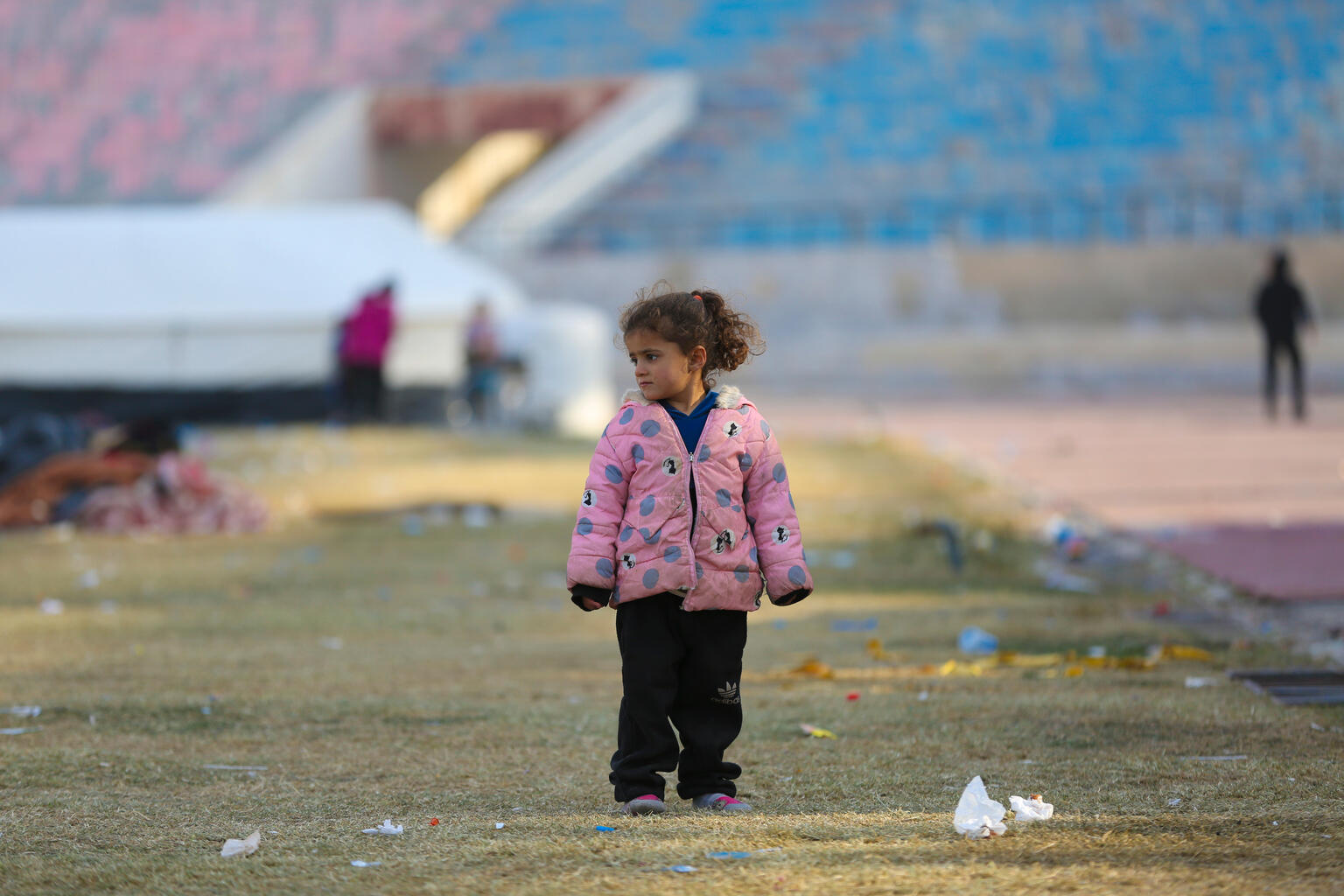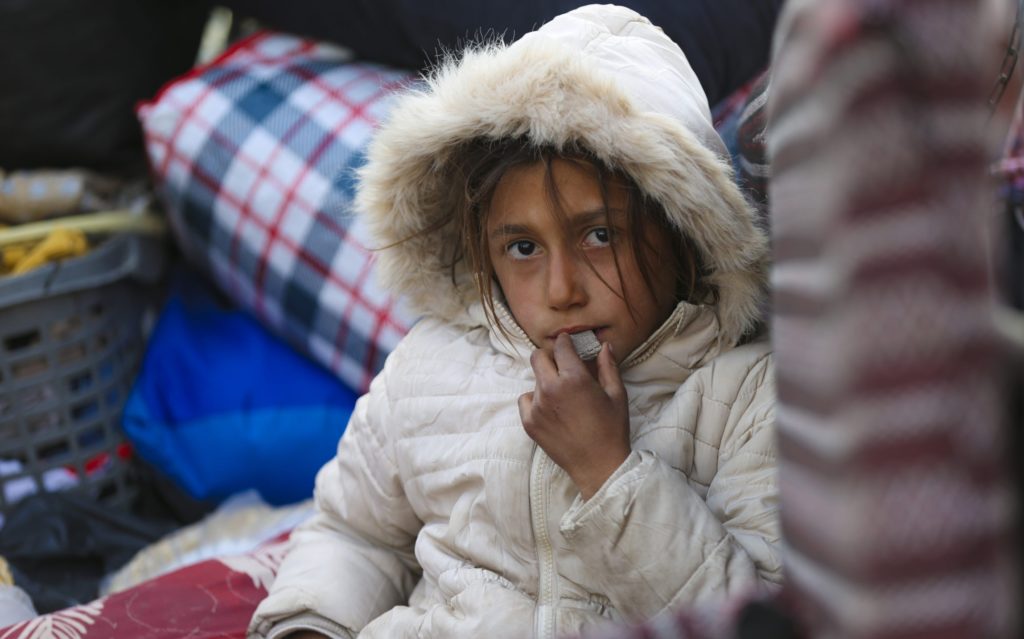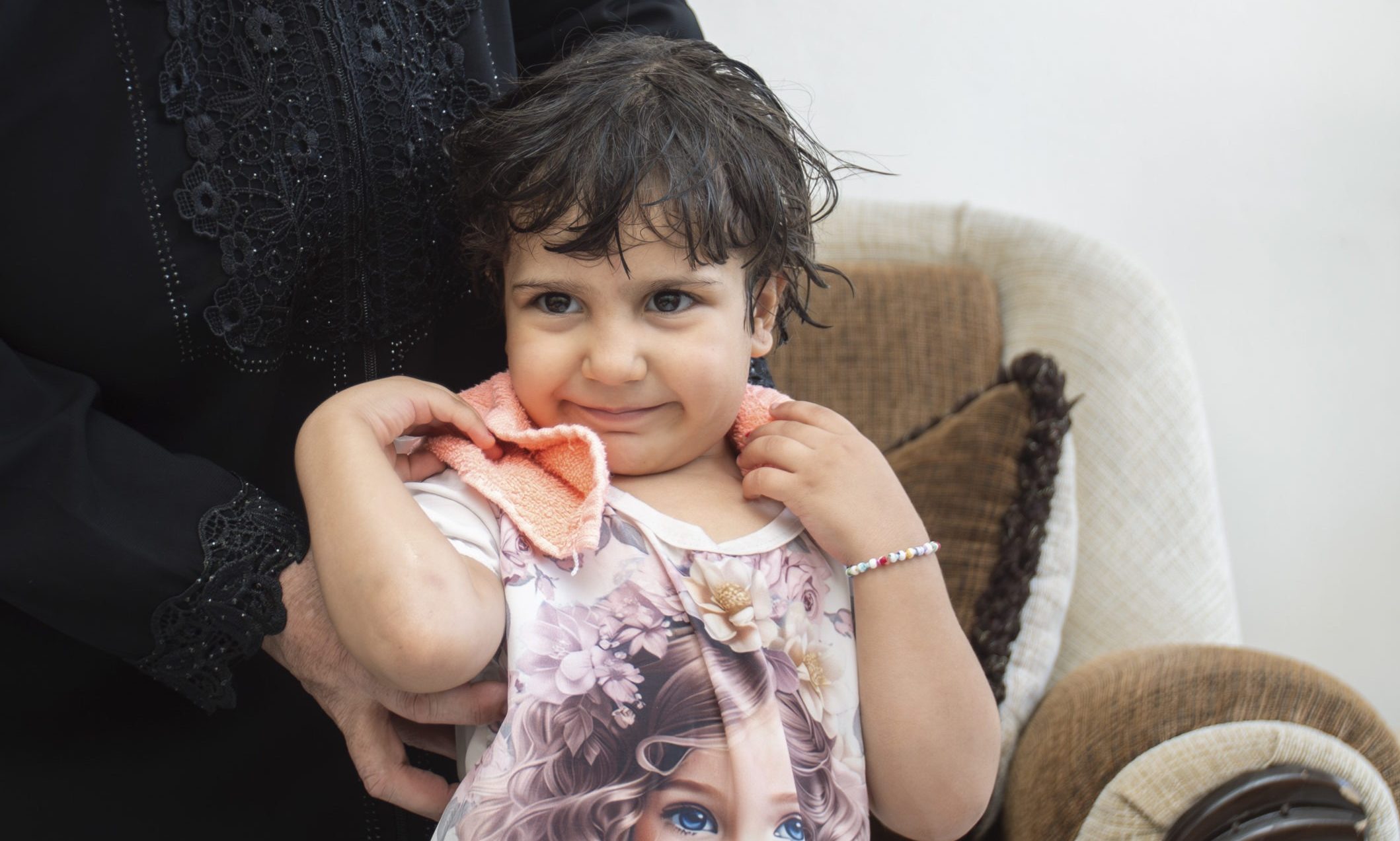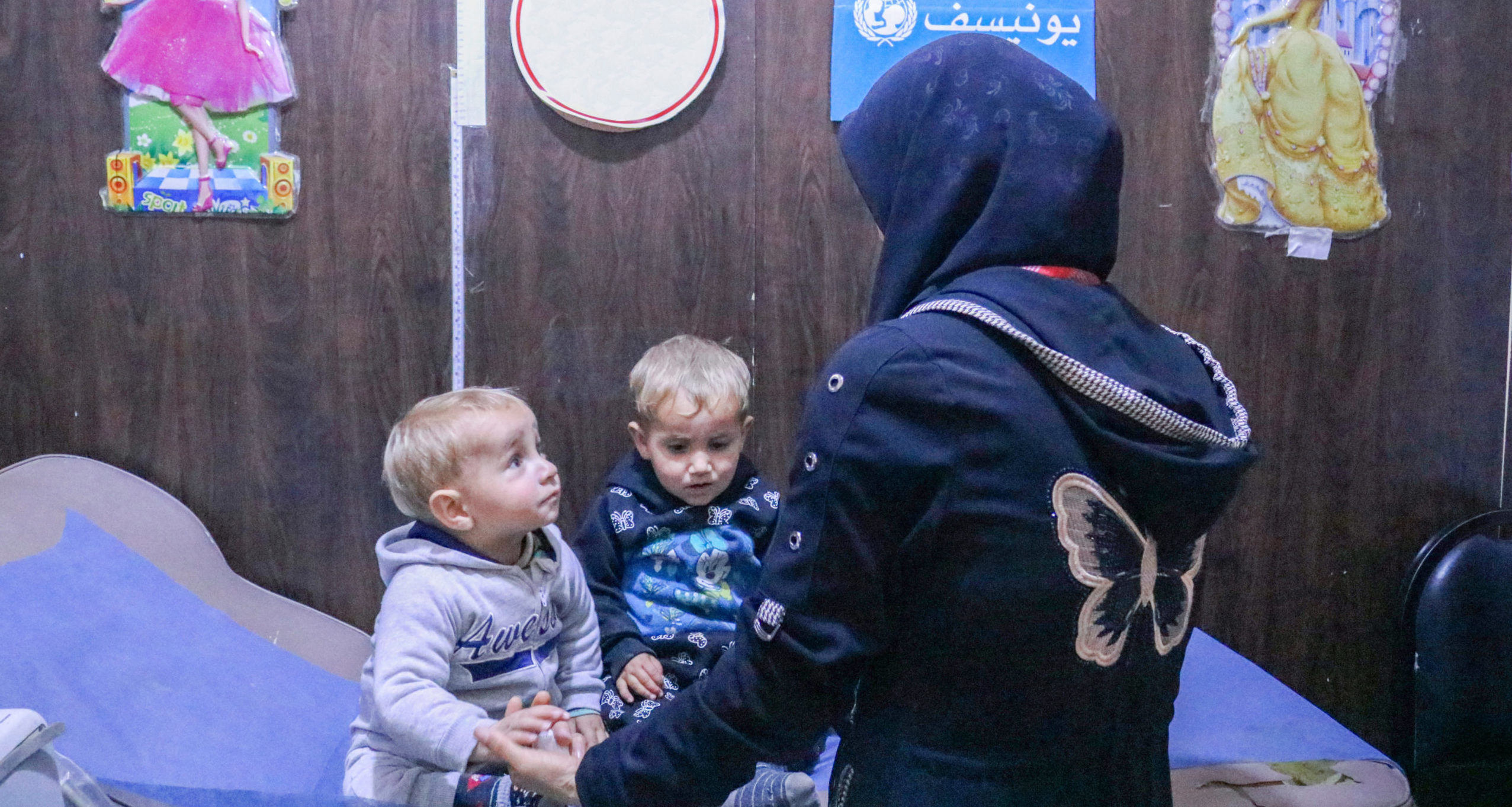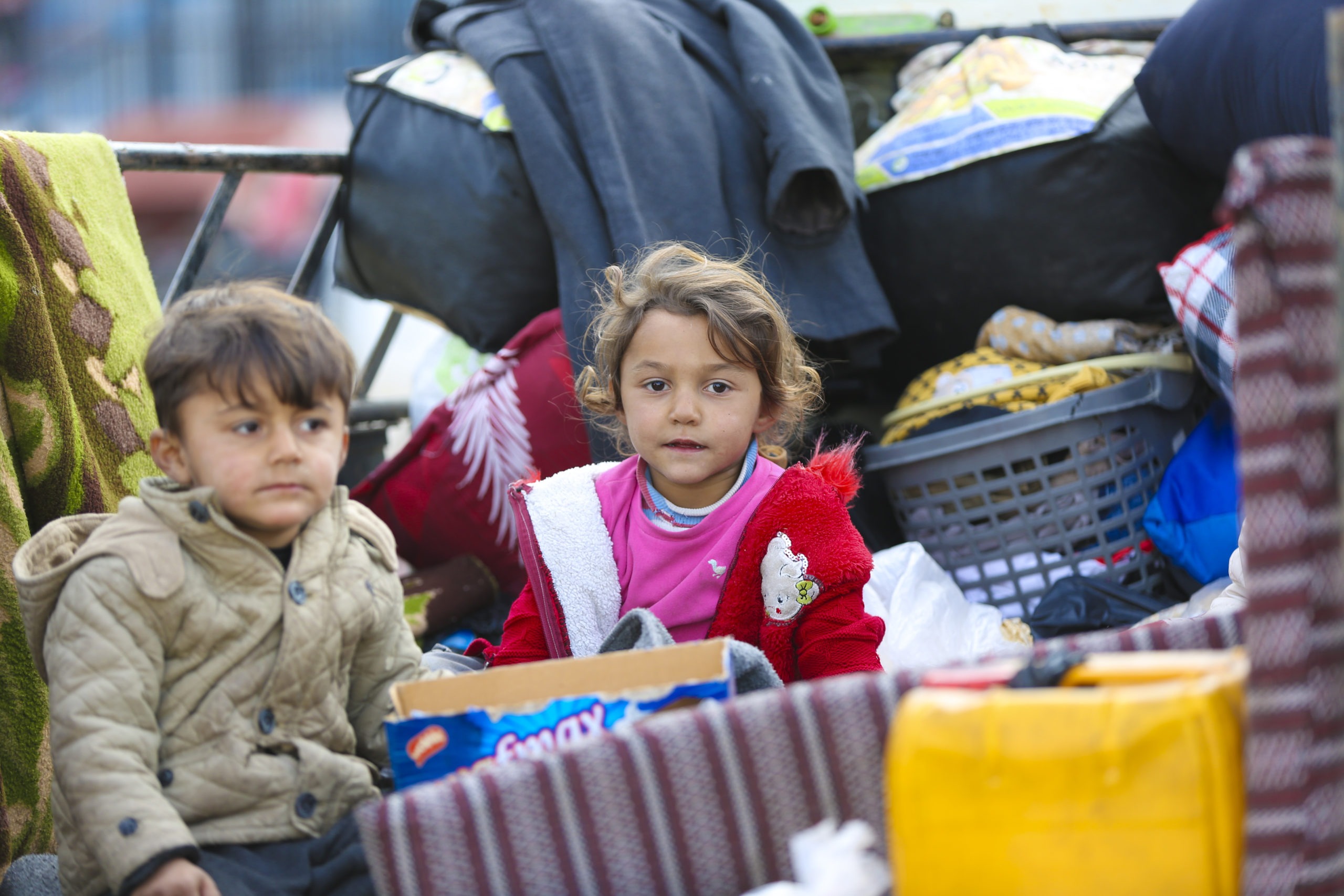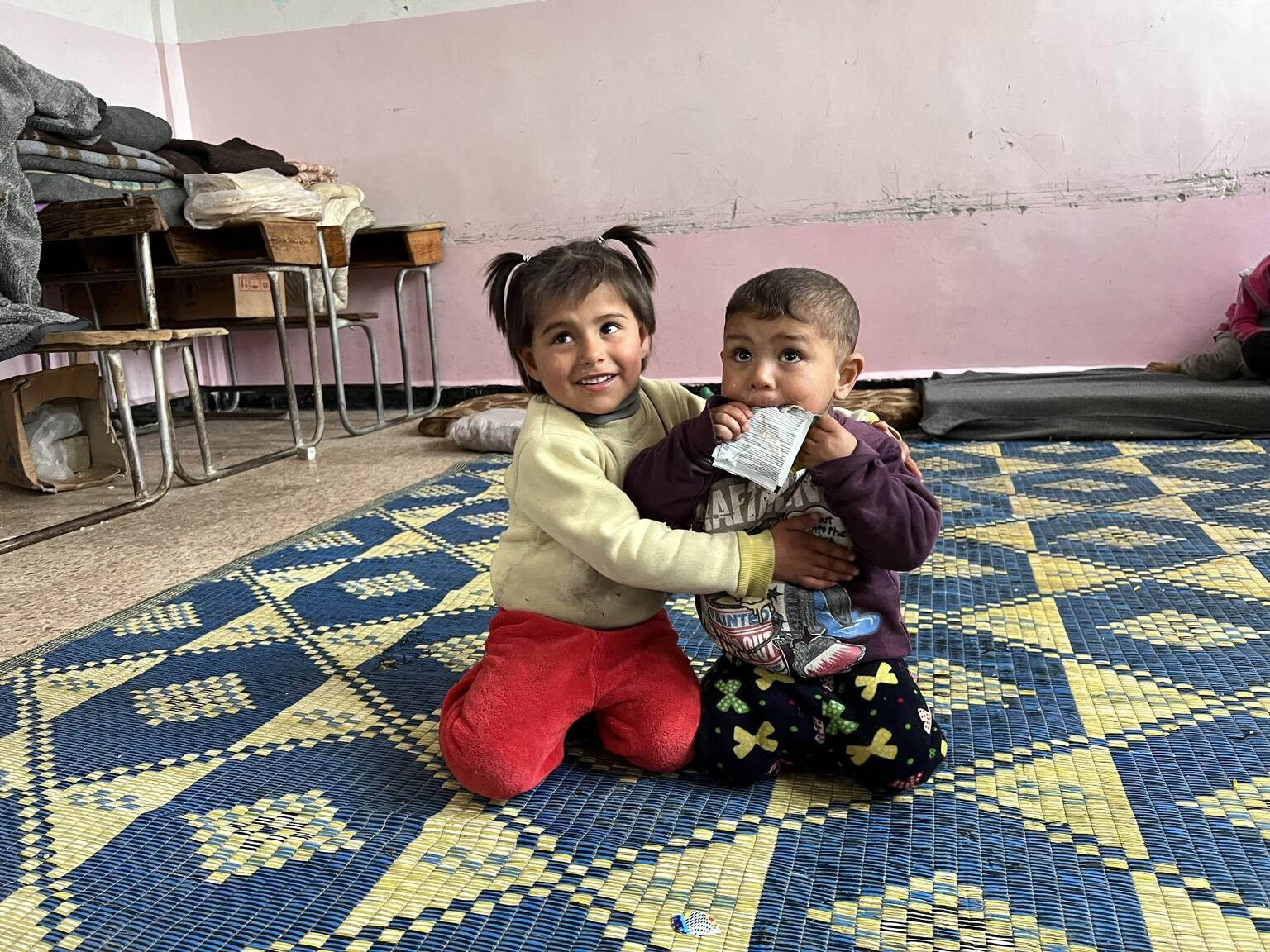Help save
a child
in Syria today
What’s next for Syria’s children?
Since November 28, around one million people – mostly women and children – have been forced from their homes by instability and violence. Many of these families are now sleeping on the streets in very cold temperatures. Children are struggling to stay warm. They are hungry and afraid. And their dire situation will get worse as winter sets-in.
Recent developments suggest the conflict may at long-last be coming to an end, with a fragile peace on the horizon, allowing some of those displaced to begin returning to their homes.
But with more than a decade of devastating war having destroyed much of the country’s infrastructure and displaced over 7 million people, it will take time for children to be safe. Right now, children born into war, are battling for survival. They urgently need food, water and warm clothes.
Syria does not currently have the infrastructure to keep these children safe and healthy. The country has been gripped by war for almost 14 years. Over 14,000 children have been killed or injured. And amid this devastation, families were hit by a deadly cholera outbreak in 2022 and a devastating earthquake in 2023 which killed thousands.
More than half of primary healthcare services cannot operate. And without such healthcare, Syria’s traumatised children face a deadly threat from unsafe water and the disease it spreads.
Recently over 4.7 million people in Aleppo faced a complete cut to their water supplies, increasing the risk of diseases like cholera. Repairs are being made but the supply remains fragile.
Deadly hunger too threatens Syria’s children. Last year, over 650,000 children were found to be stunted with malnutrition – and food continues to be in short supply.
The children of Syria have suffered enough, but the deadly threats they face continue to mount. With your help, they can receive the shelter, food, and safe-water they so urgently need to survive.
